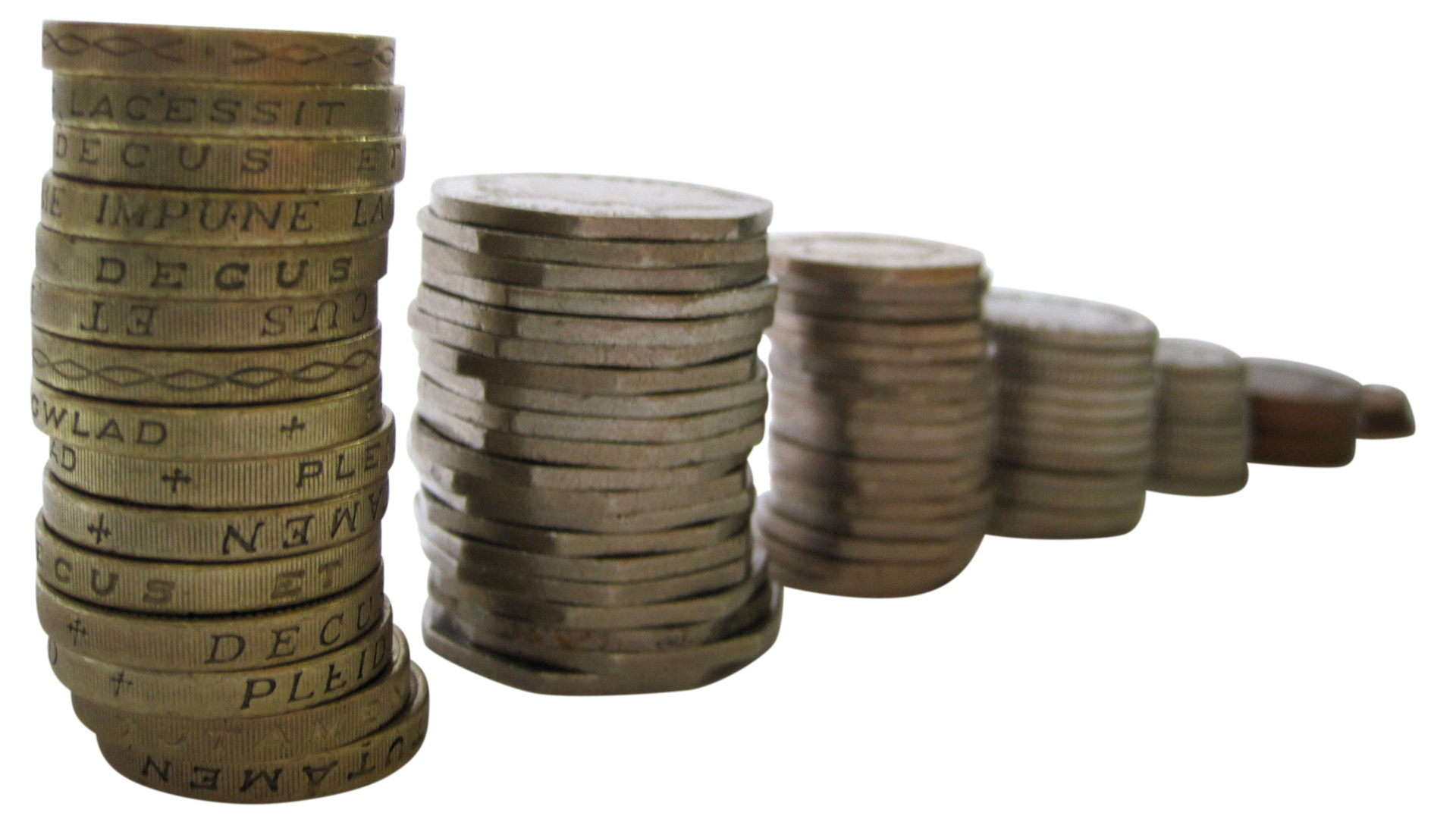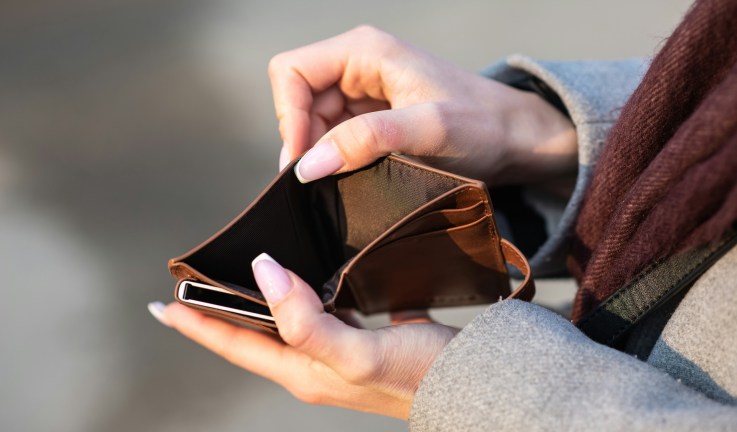Gather a full picture of how much money you have coming in and what is going out each day, week and month. You’d be surprised how few of us really know.
Divide up your outgoings into three categories: essentials that you can’t avoid such as rent, transport, council tax; and stuff that you need to buy but could more easily cut costs on such as food or household bills. Then there’s everything else, which is the main place to look at where you could save instead of spend.
https://twitter.com/getyolt/status/1263485262547628033
Apps like Money Dashboard and Yolt help you assess all your accounts in one place and automatic savings apps such as Plum and Chip scan your accounts to see where you could cut back.
Emma and Bean, meanwhile, will flag all those subscriptions and free trials you signed up for then forgot about and are now wasting cash on each month.
How can I reduce my living costs?
Don’t assume your household bills are fixed costs. If you auto-renew you will probably be paying a loyalty penalty, often of several hundred pounds.
Advertising helps fund Big Issue’s mission to end poverty
This practice has finally been recognised as being unethical and will be outlawed in 2022, but until then, always challenge how much you are charged and whether it is more than new customers are paying.
WeSwitch4u.com is one of a new breed of automatic switching services for energy and insurance, helping you save without noticing, but it is also ethically focused with 70 per cent of its profits given away to good causes chosen by customers.
Don’t waste money on unused data
We also waste money on broadband and phone contracts that don’t match our needs.
Billmonitor, a service set up by two Oxford University mathematicians, will analyse your previous mobile bills to give you an accurate picture of what data you use.
You can also save by managing your phone settings. Turn on data-saver modes on Instagram and Twitter to stop videos playing automatically and eating through your allowance.
Advertising helps fund Big Issue’s mission to end poverty
One of the best routes for how to save money on phone bills is to always go for a SIM-only deal. Buying a phone separately will save you in the long run, you’d be better off paying for a new phone on a 0 per cent purchase credit card than paying a mobile phone network higher monthly bills by opting for a “free” phone. It also stops you being trapped in two-year contracts that are more costly.
Is it a good idea to get a credit card?
Psychologically we like having savings, even if we are simultaneously chipping away at debts on credit cards and loans.
Financially, it doesn’t make sense. Interest rates on credit cards are in most cases twenty times the rates on savings accounts. The website cardcosts.org.uk helps you see how you can save by repaying debts more efficiently. If you can, switch to a zero per cent balance transfer card.
Nationwide offers a zero per cent period for 18 months and as one of the more responsible lenders, it won’t increase your credit limit without your permission, and, unusually, it won’t remove the zero per cent deal if you make a mistake like not clearing minimum payments on time.
What is the best bank for savings?
Interest rates on savings accounts are at an all-time low. You can’t get more than one per cent return on an easy-access account, but it still pays to be selective about where your money is held.
You can get a cash reward for opening a new current account, up to £125 from NatWest, and banks like Starling will help you budget by setting up “goals”, keeping your money out of temptation’s way. It also offers connected cards, allowing someone else to shop from your account, great for carers and those who are shielding.
Advertising helps fund Big Issue’s mission to end poverty
Triodos, Charity Bank and The Big Issue’s own Big Exchange offer accounts with competitive interest rates where your money is lent only to organisations that have a positive impact on people and the planet.
There is always an element of risk involved in any investment, but you can find out more about The Big Exchange and how easy it is to get involved on the dedicated website.
Should I stop paying my pension?
It’s tempting to neglect your pension and stop paying in if cash is tight, but avoid this at all costs. If you are employed you get “free” money from your employer, and those who are self-employed should make the most of the generous tax breaks.
If you don’t know where to start, PensionBee helps you gather up old pension pots that you might have lost track of, and has just launched two ethical pension funds including Future World, which invests your savings into companies that pledge to move to an environmentally friendly economy.
The Big Issue is fighting the unemployment crisis through the Ride Out Recession Alliance, bringing together the most innovative ideas and experts to help keep people in work and in their homes during the recession.
Get in touch to tell your story or offer ideas to support those in need by emailing rora@bigissue.com.
Advertising helps fund Big Issue’s mission to end poverty
Image credit: Images Money/Flickr









